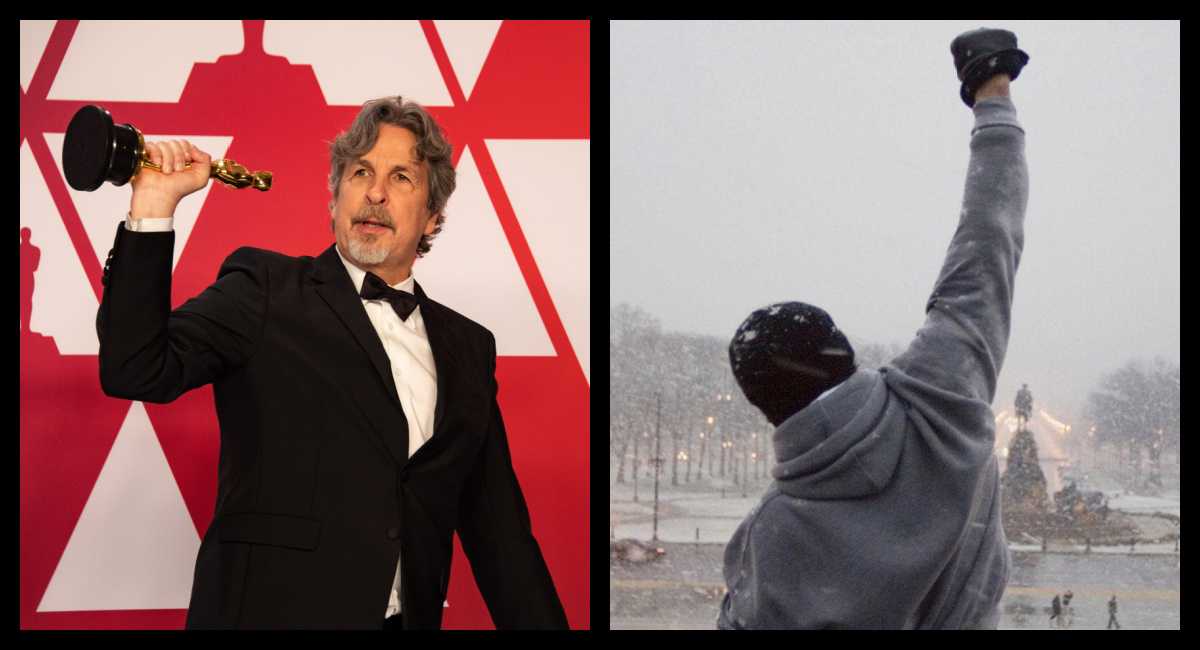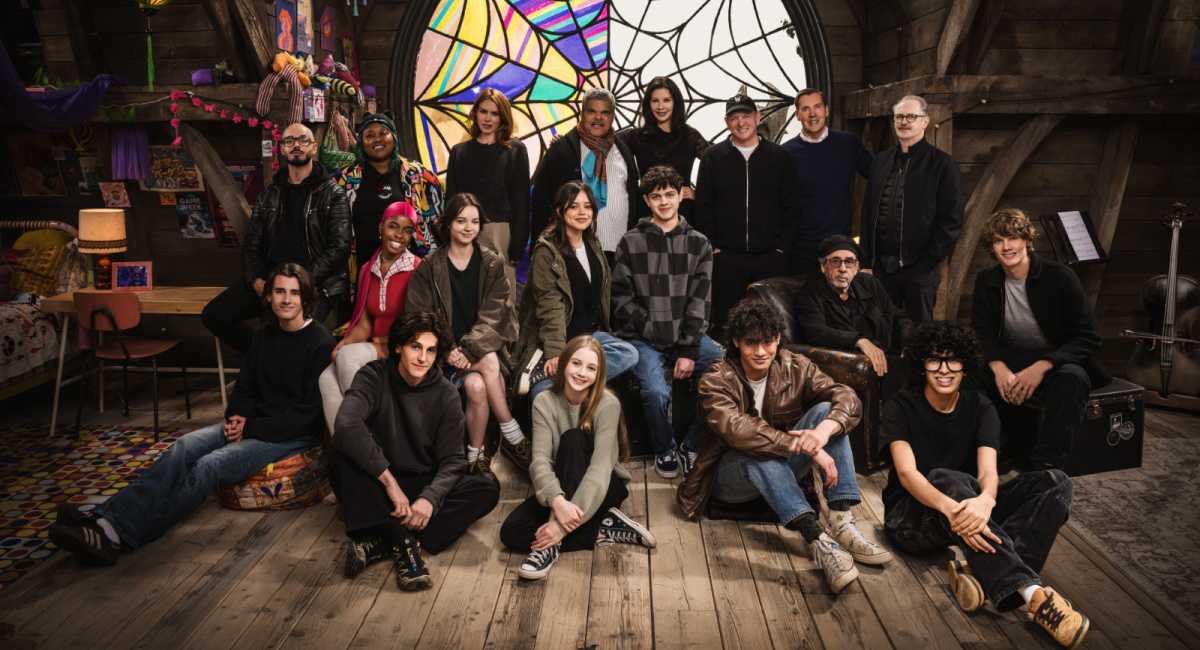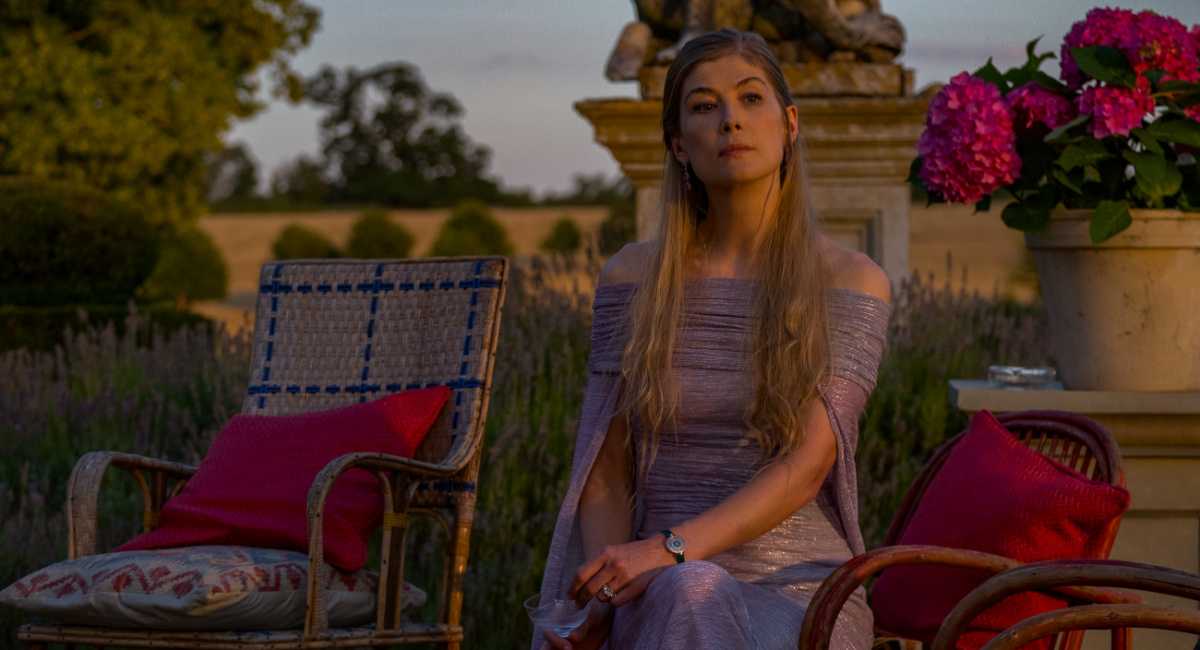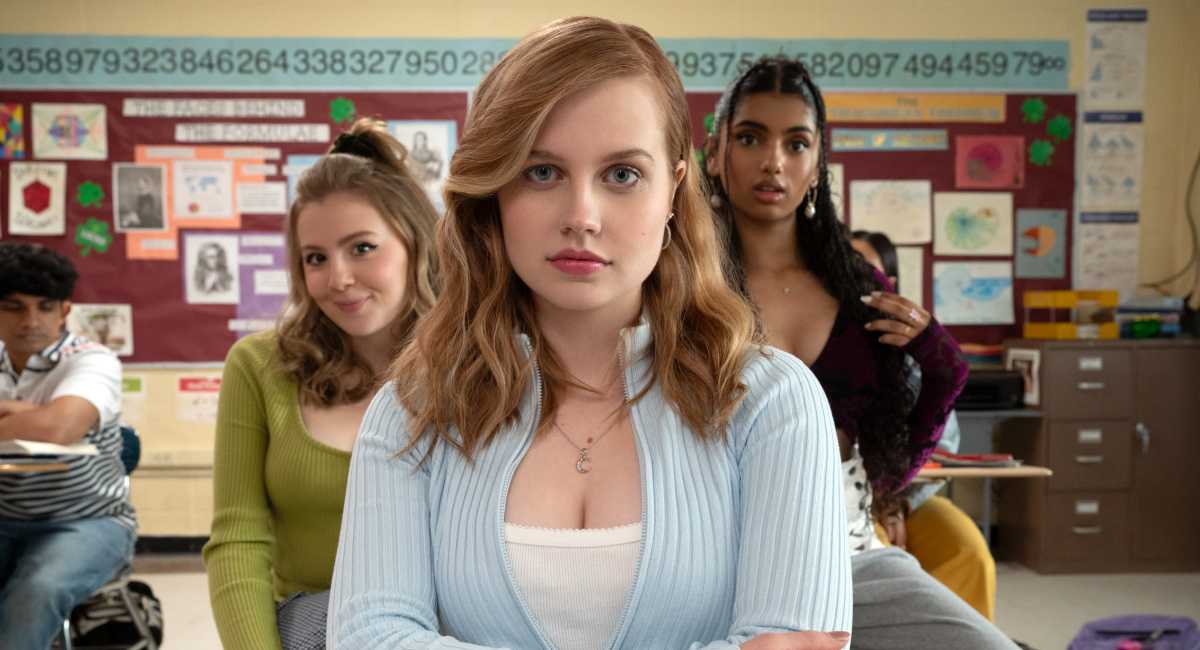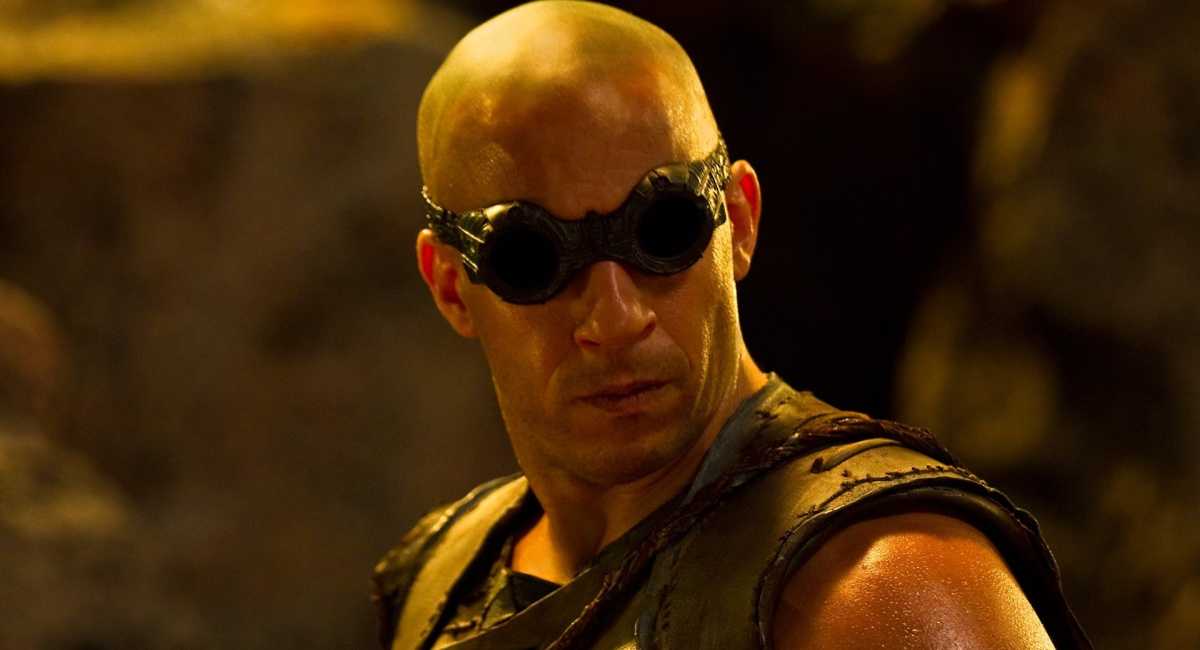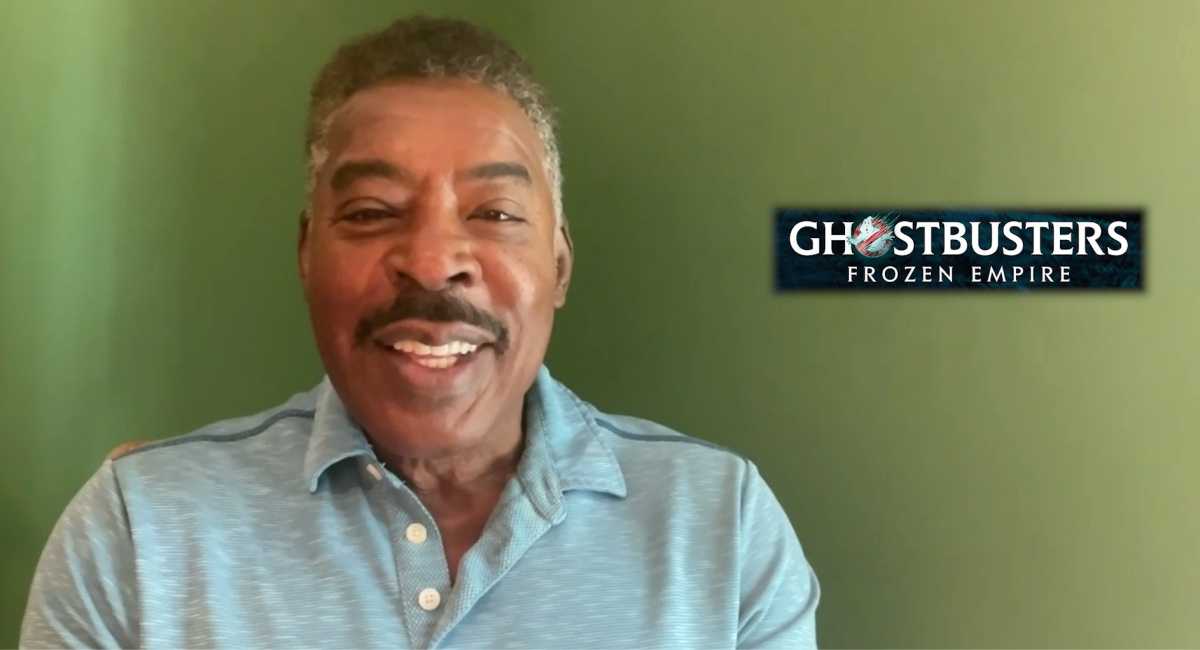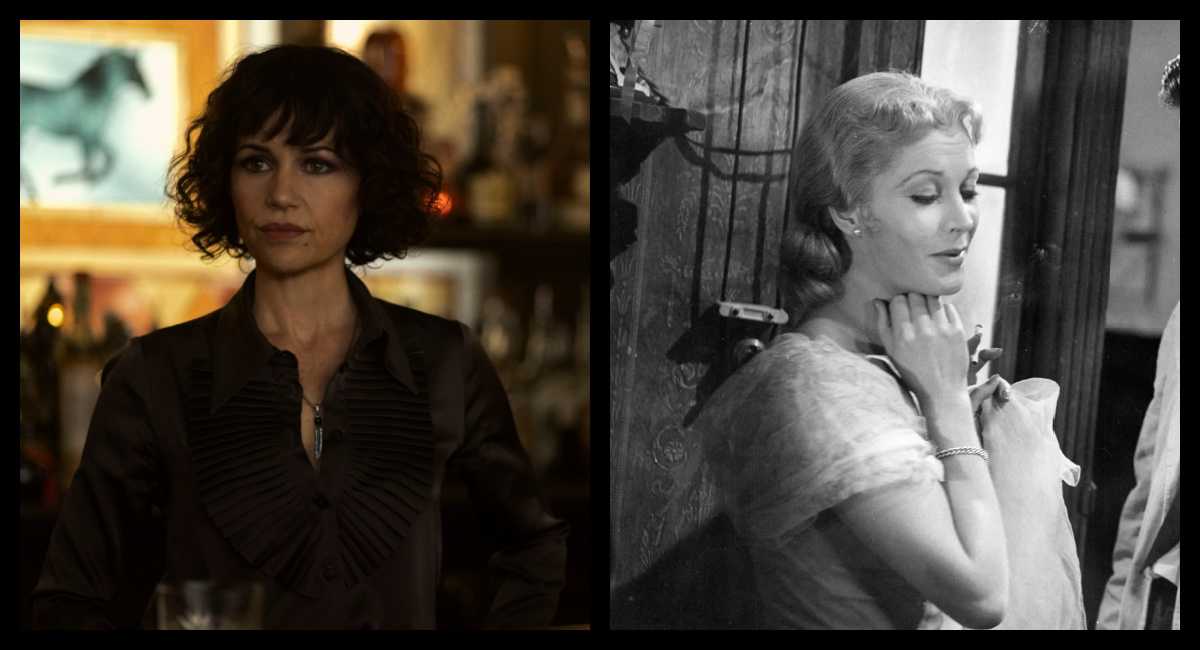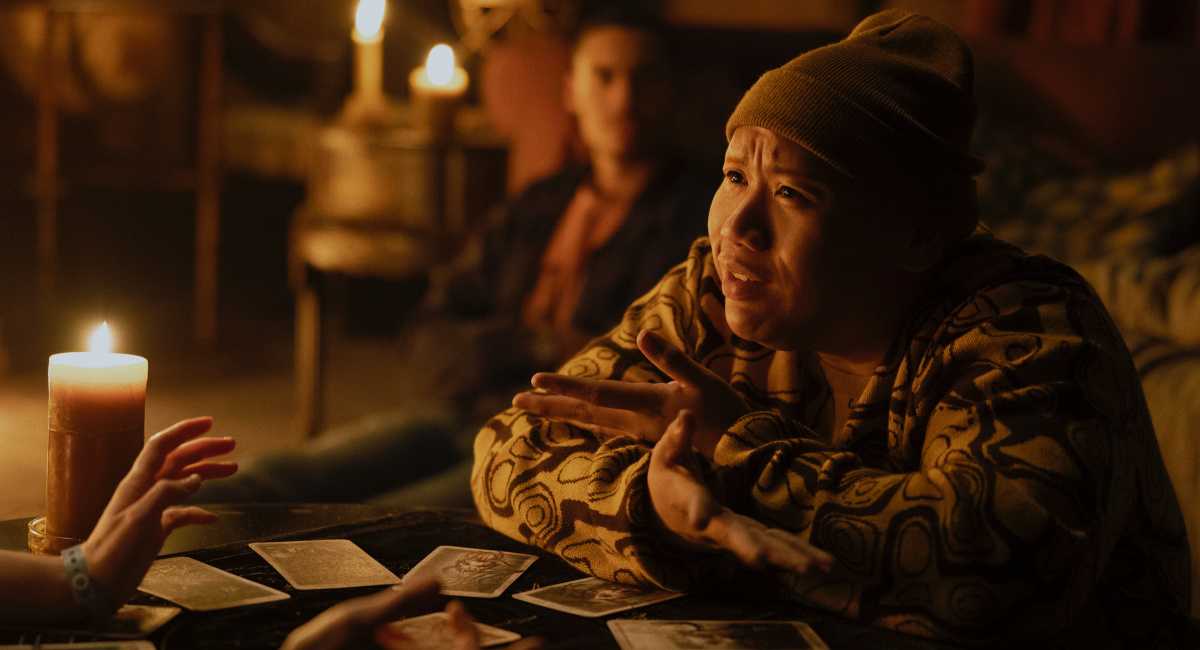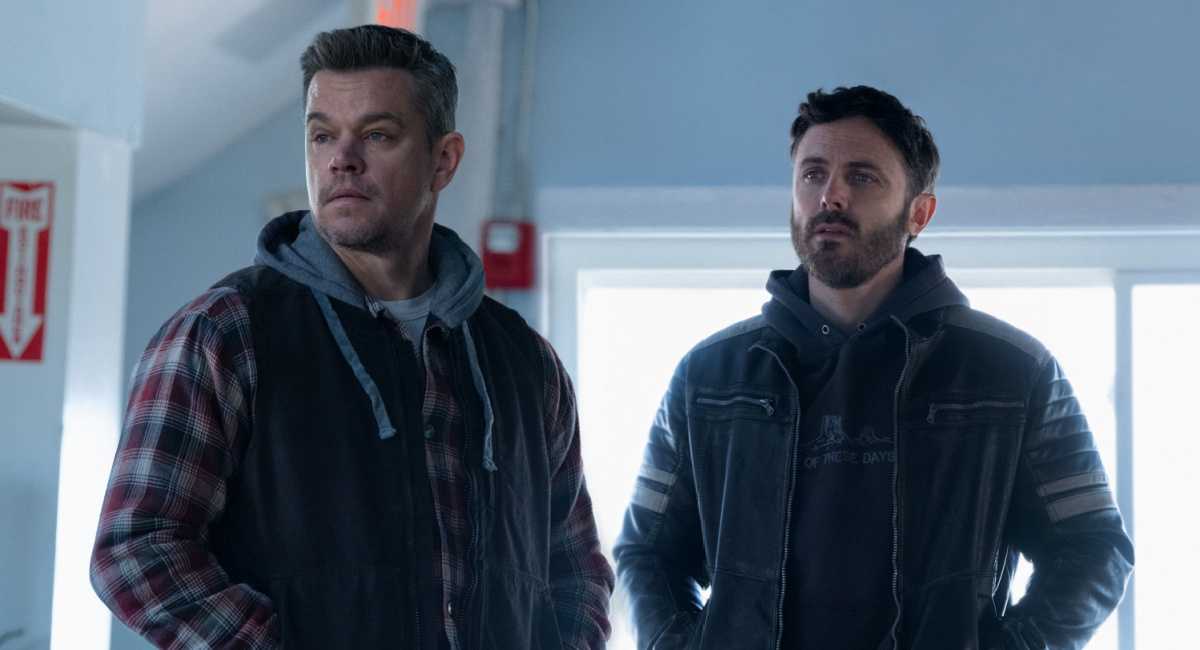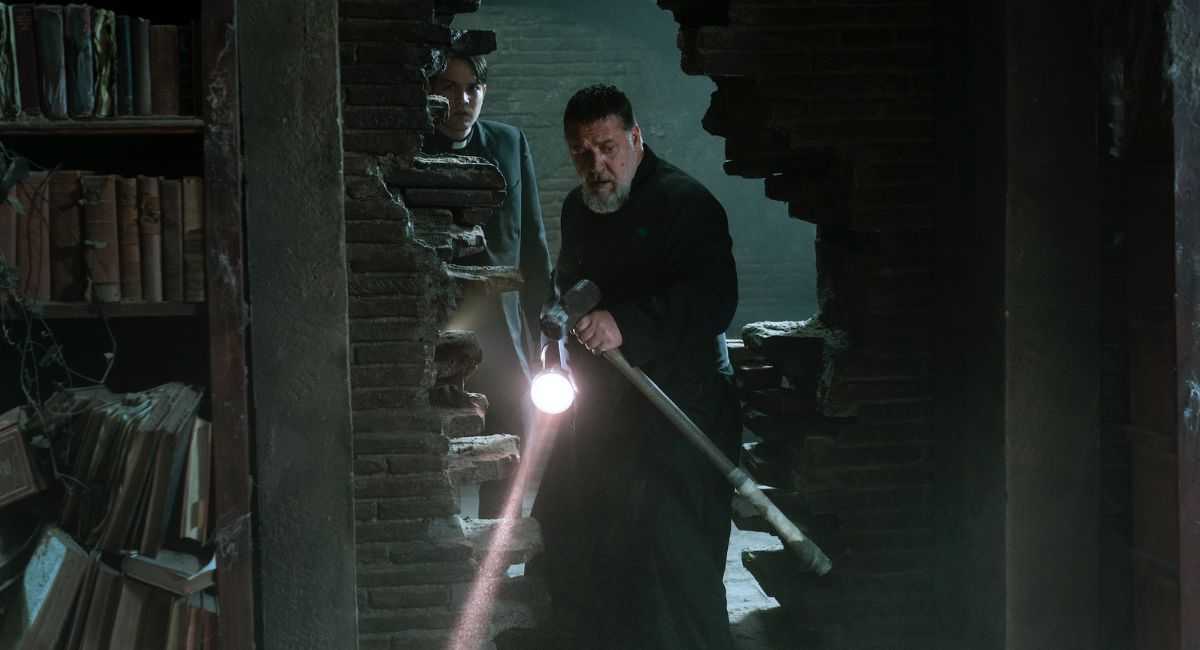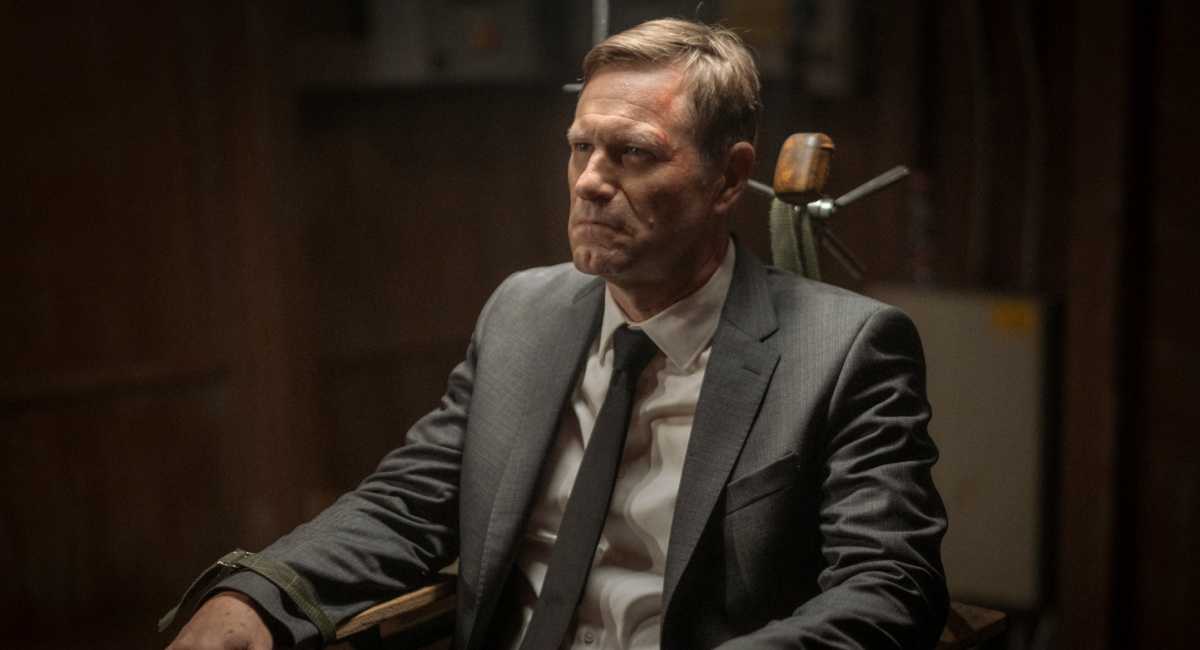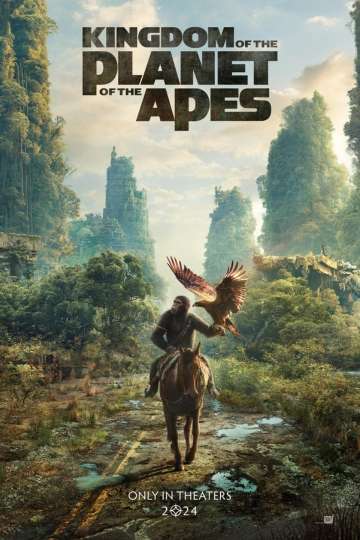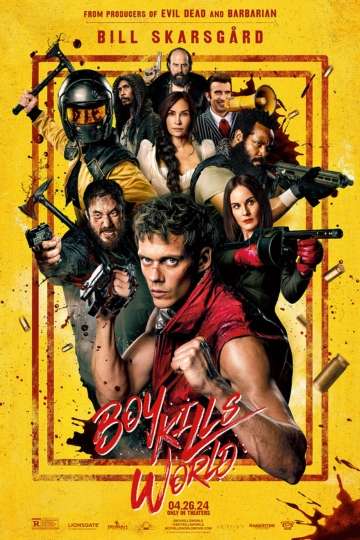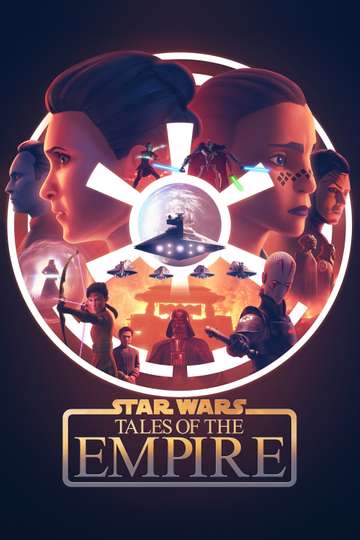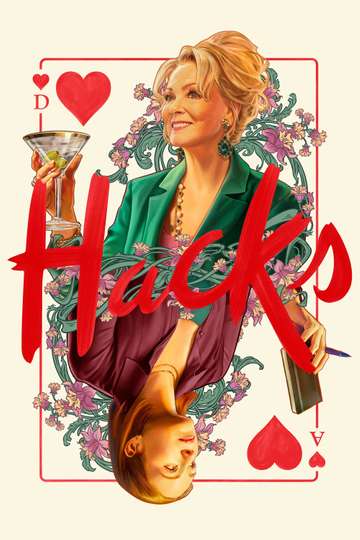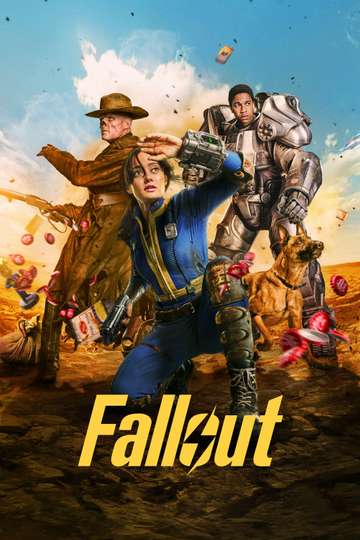Netflix's 'The Crown': How John Lithgow Conquered Fear Itself to Play Winston Churchill
After 3rd Rock From the Sun" and "Dexter" -- the actor certainly qualifies as an eminence grise among his peers. And now he gets to play the ultimate elder statesman: Sir Winston Churchill.
Lithgow is the sole American among the cast of "The Crown," the lavish new Netflix series about England's royal house of Windsor from creator Peter Morgan, the writer who a decade prior crafted the screenplay for the film "The Queen," featuring Helen Mirren's much-awarded portrayal of Queen Elizabeth II. "The Crown," which premieres Nov. 4, turns back the clock to 1947, chronicling an era including her wedding, her coronation as monarch in 1952 and the earliest years of her reign.
Churchill, of course, was a renowned figure during the period as the indomitable British prime minister who helped chart the Allied victory over the Axis powers in World War II, and he was well into his 80s when he began his second stint as prime minister just as the queen began her rule. And as Lithgow reveals to Moviefone, all the acting awards on his shelf didn't quell an initial trepidation when it came to taking on one of the most influential, revered and recognizable figures of the 20th Century. But he quickly realized that the only thing he had to fear was fear itself.
What was the experience like being the sole American in the cast? Was it a really educational thing? A culturally enlightening thing?
John Lithgow: It was the best eight months of my professional life. I just had a wonderful time. I mean, I've done a lot of work in England. I went to drama school for two years in England way, way back. I worked with the Royal Shakespeare Company and the National Theatre, and I've played lots of Englishman to the point where half of America thinks I'm English, and half of the U.K. thinks I'm English.
It's not a role I would have ever dreamed of casting myself in. I was so surprised when [executive producer Stephen] Daldry called and offered it to me. The big challenge was just overcoming this feeling that all eyes are on me, more than any of the other actors in the cast.
Also, of all the cast of characters, Churchill is the best known. Even more well-known than the queen, and as an old man. I was playing him as an old man. I was playing him 10 years older than I am. So for all those reasons, I simply had to forget about what other people think.
Did you hesitate to take the role? Churchill's such an icon of historical significance.
Oh, I wasn't going to say "no" to it. My agents called and I said "yes" within the first 30 seconds. Because of Churchill, because of Peter, because of Stephen Daldry and Netflix. It just immediately seemed like a dream job. It completely disrupted my life. I mean, eight months in England. My wife took a sabbatical and joined me for six months. We lived the life of an English couple in North London, and had a completely wonderful time.
You just felt that you were working with the best of the best. The actors -- Alex Jennings, Dame Eileen Atkins, Claire Foy, Vanessa Kirby and Matt Smith -- are just remarkable people. Some of whom I'd worked with. Eileen Atkins is an old, old friend. Alex Jennings is a great friend. But all of them were working stiffs in London theater, and the best of the best.
You've done the three-camera sitcom format before in front of a live audience, and done hour-long drama for cable. How does this experience compare?
It was very much filmmaking. You felt like you were doing absolutely top of the line movie-making. All of the designers were Oscar-winning, Emmy-winning, multiple Emmy-winning designers. You just felt like you were in very good hands, and they were going to do everything they could to make your performance work. I just had to do my part and learn my lines.
How long did it take to get into hair and makeup every day?
Actually, very quickly. We tried to do as little makeup ... it was all done with a wig -- an extraordinary wig that made me even more bald than I am! And something inside my mouth, to just change the shape of my face, but nothing painted on.
What were those nuggets of gold you found about the real Churchill in your research that you were able to hang some of your performance on?
There's a remarkable little scrap of video, I believe this story is correct, they were trying to decide who was going to give the big Tory television speech in like the first year it was ever on television. And they basically auditioned Churchill, and there's this little scrap of this with the clapper -- "Winston Churchill, take one" -- and he speaks [imitates Churchill's grumble] a bit of doggerel verse, and he spoke the first sentence, and then dried, he couldn't think of what was next.
And he suddenly [sputters animatedly as Churchill] talked off camera. "I can't remember a thing!" That little moment was the real Churchill, as opposed to the public Churchill, and it was a moment when he was trying to do his best to present the public Churchill. That to me was like opening a door in a dark room and having light pour in.
Afterwards, I discovered a remarkable video in the Churchill Museum, which was all MOS -- you didn't hear any dialogue. It was total silence. But he was just so animated. You think of him with long ... pauses ... between ... his ... words. No, he spoke extremely fast, to the point where you could barely understand the man.
Why do you think Churchill put on that persona in public?
He was an orator. He was a politician and an orator. There was a wonderful actor-ish streak in him. He loved to move people. He had an extraordinary wit. He loved to make them laugh. He also loved to stir them ... Everything you already know about Churchill, I think, is true.
He was deeply patriotic in the sense of the entire empire. He was the only Victorian. He was the only person who had served under Queen Victoria. His view of England was the view of the very center of a huge empire. So, for him, growing old was facing mortality, but it was also watching the empire fall apart. So a man with a lot going on emotionally, as an old, old man.



